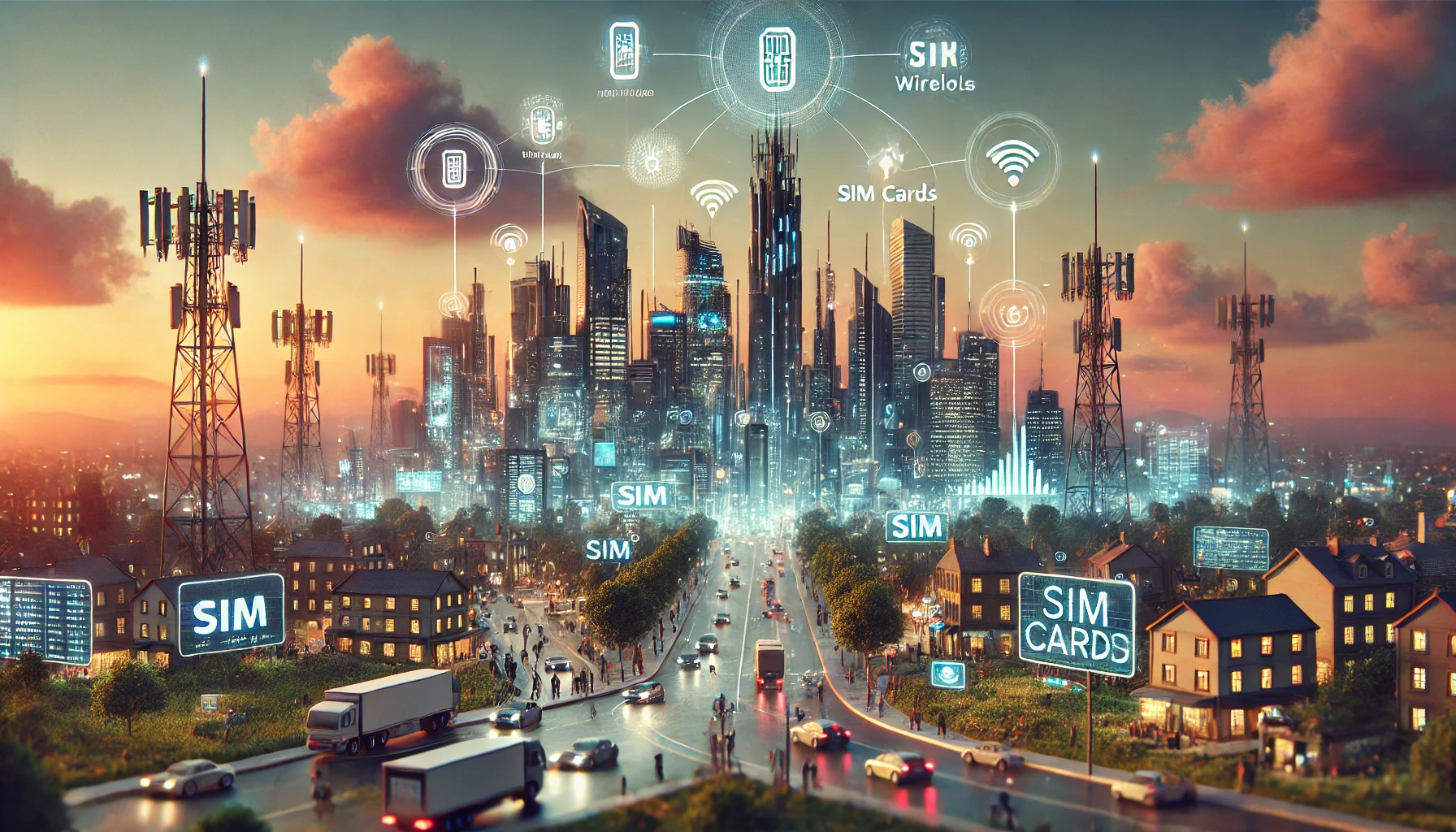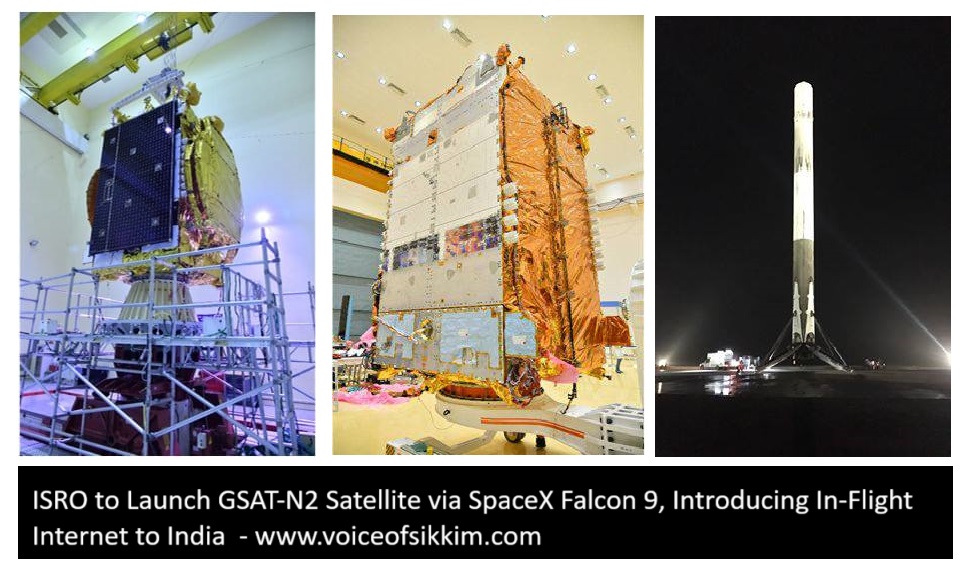
Government-owned BSNL has become a popular choice among telecom users, especially with its affordable recharge plans. Its appeal has grown even more in recent months as private telecom providers raised their tariff prices, prompting many users to switch to BSNL.
BSNL Completes Successful Trials of SIM-Free D2D Technology with Viasat
BSNL, in partnership with global satellite communications firm Viasat, has successfully trialed its new Direct-to-Device (D2D) technology, a groundbreaking advancement that enables audio and video calls without the need for a SIM card or traditional mobile network.
This innovative technology is compatible with a range of devices, including Android and iOS smartphones, as well as smartwatches and other smart devices on the market. Designed to ensure seamless connectivity, the D2D technology aims to provide reliable service even in remote areas and during network outages, positioning BSNL as a leader in advanced telecommunications solutions that meet critical connectivity needs.
The state-run telecom company has recently introduced seven new services, including a spam-free network, an ATS Kiosk, and the Direct-to-Device (D2D) service, which allows users to make calls without a SIM card or mobile network. This new D2D service is being tested as a potential game-changer in the telecom industry.
What is D2D Technology?
BSNL’s D2D technology enables mobile connections via satellites, bypassing traditional mobile networks. In collaboration with Viasat, BSNL has successfully completed trials of this service, which allows users to make audio and video calls without a SIM card.
During the India Mobile Congress, BSNL showcased this technology by making calls from a standard Android smartphone via a satellite located 36,000 kilometers above the Earth. This innovation holds significant potential for providing communication access during emergencies and natural disasters, offering a critical lifeline for people in need.
Rising Competition in Satellite Connectivity
BSNL is not alone in the race for satellite connectivity; it joins other major players like Jio, Airtel, and Vodafone-Idea. International companies, such as Elon Musk’s Starlink and Amazon, have also applied to offer satellite services in India. However, these applications are still under review by the Department of Telecommunications, as the government works on allocating spectrum for satellite connectivity and seeks industry feedback on pricing.
Once the spectrum allocation is finalized, BSNL and other telecom providers will be able to roll out their satellite connectivity services, bringing new challenges for private telecom players.




